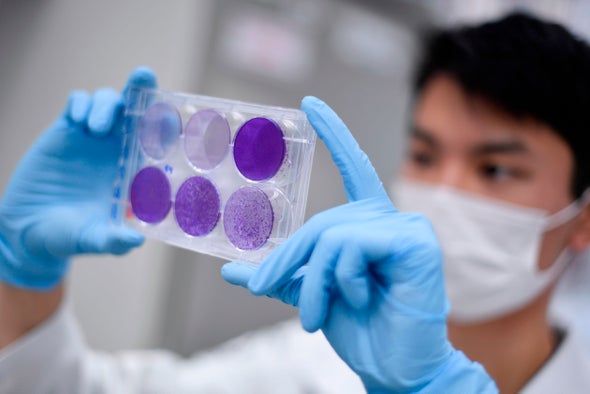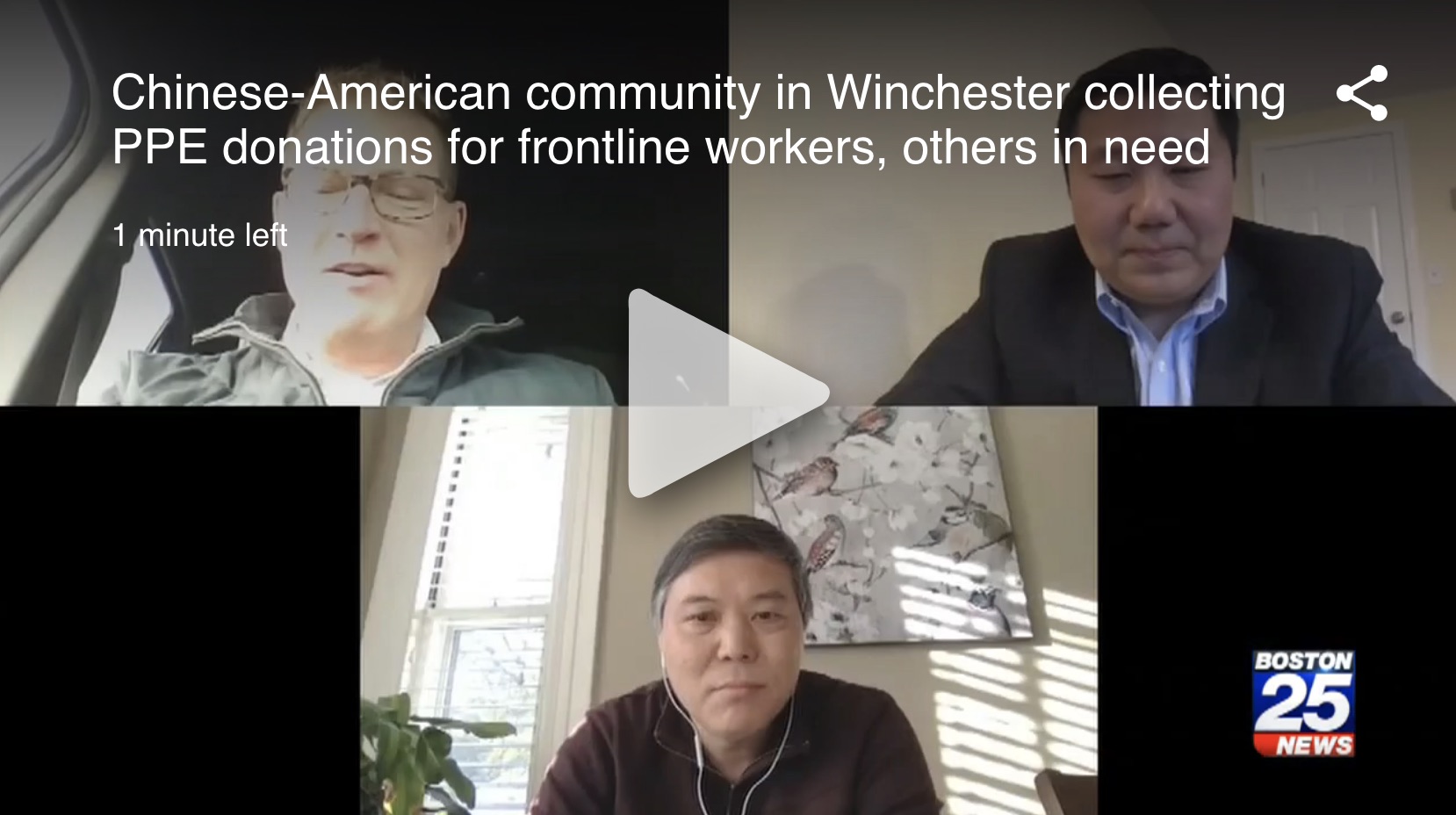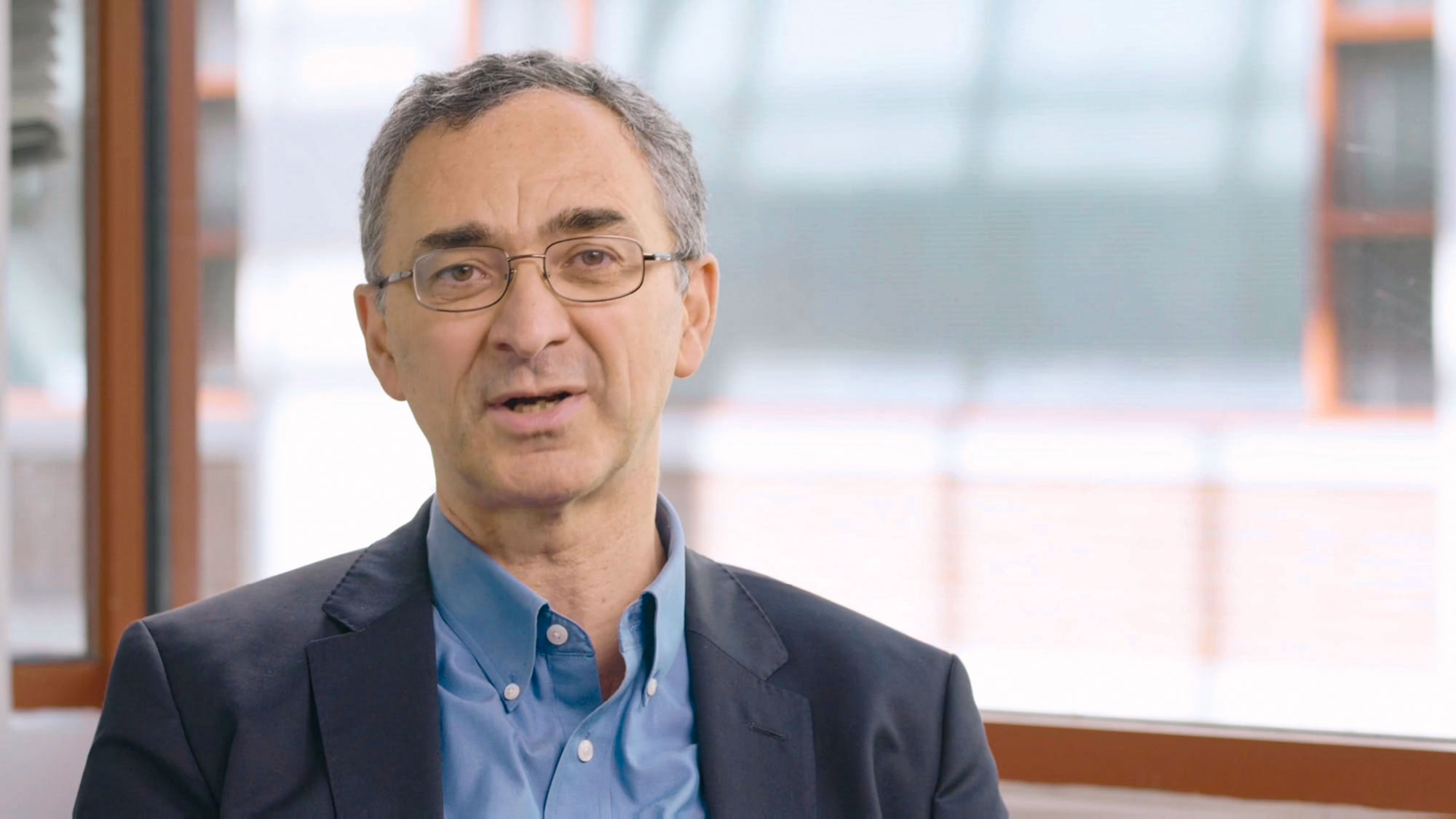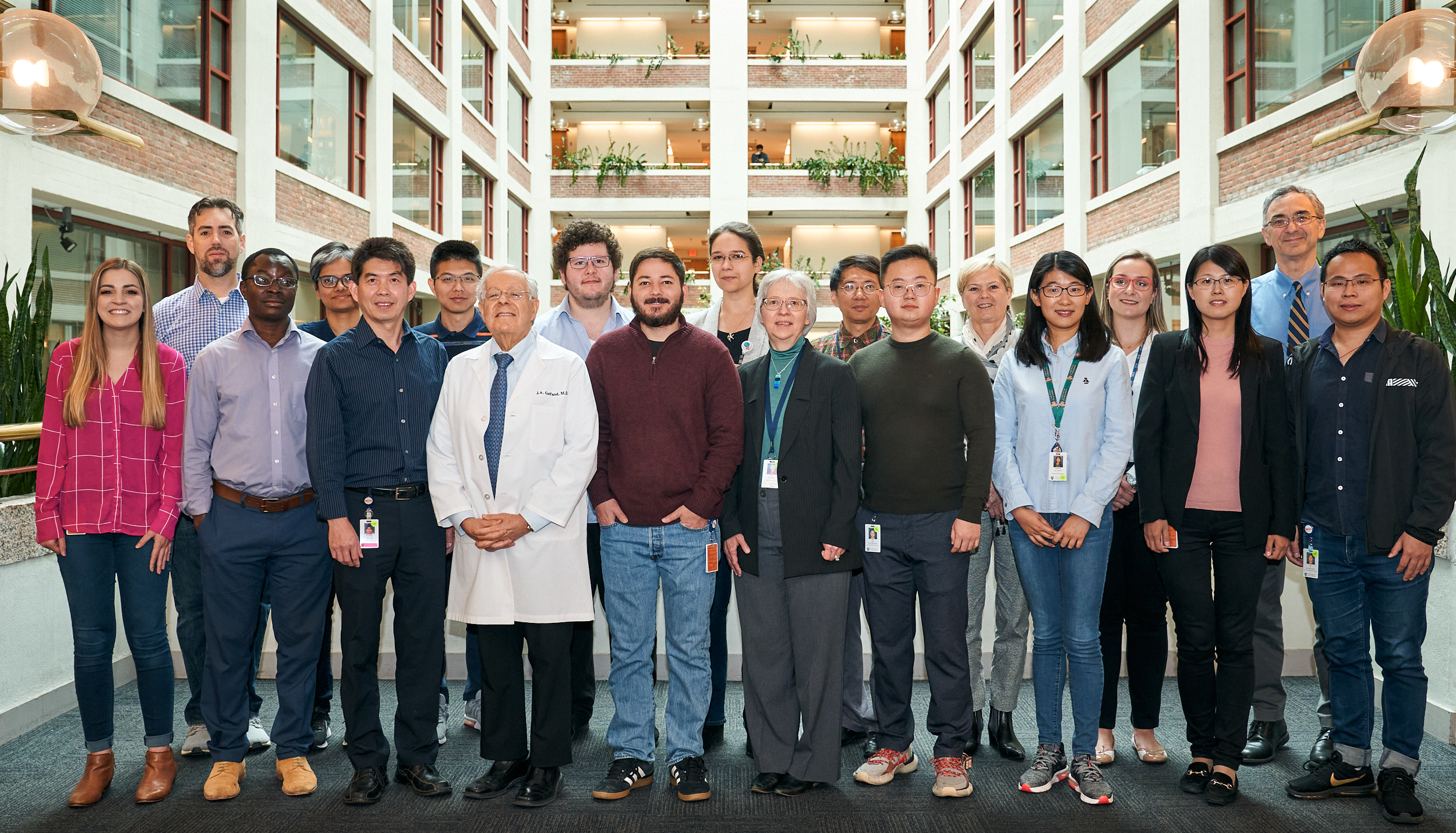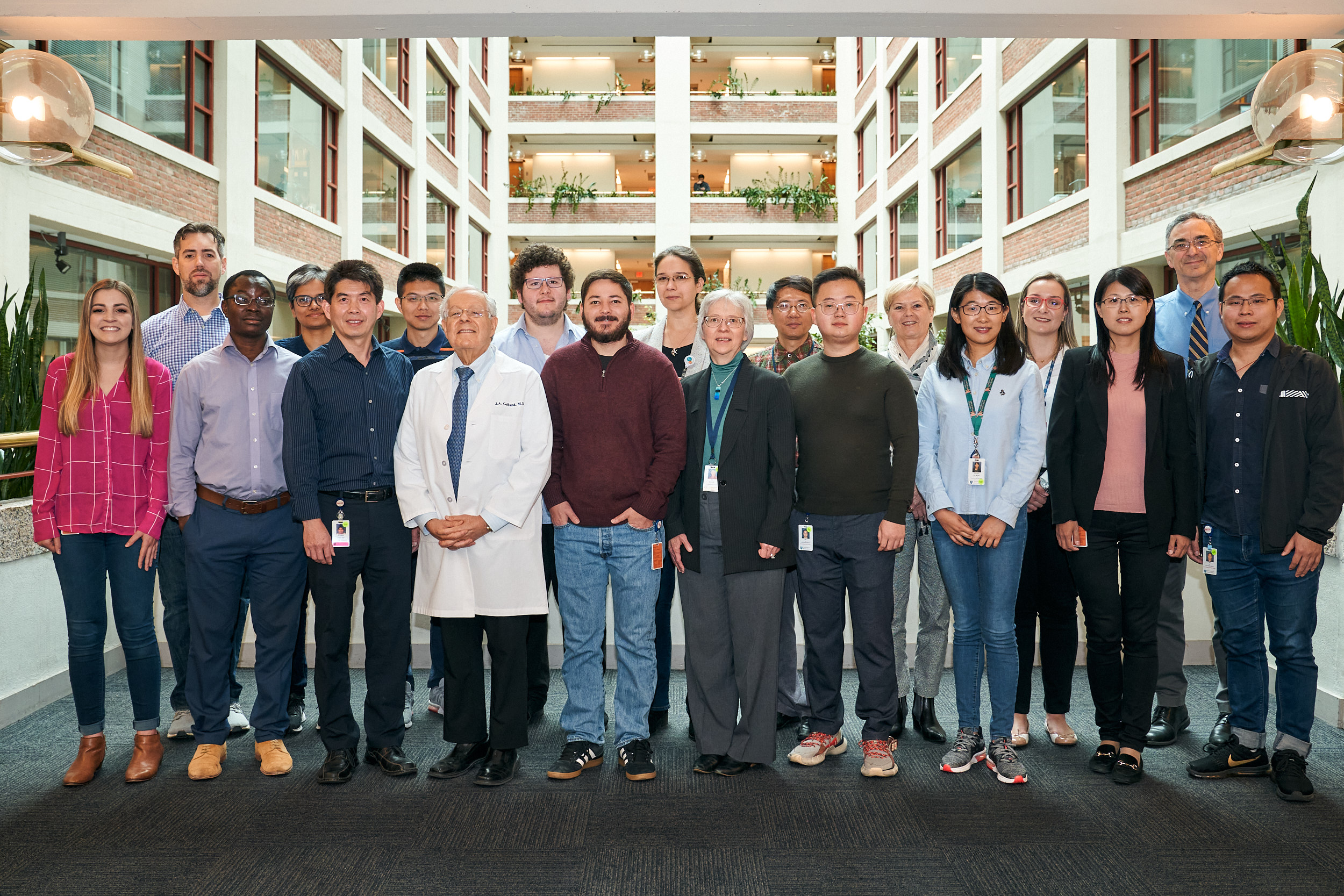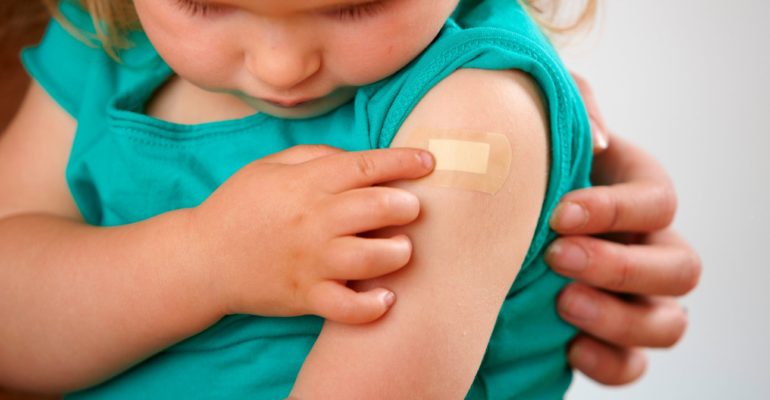The Scientific American article makes for very interesting reading – written by William A. Haseltine a mentor of Mark Poznansky, when he was doing research in the HIV field.
“In the event of any infectious disease outbreak, our minds turn to vaccines—and they do so for good reason. They’re safe, relatively expensive and have worked well for diseases including smallpox, polio, yellow fever, and, most recently, Ebola.
Will a vaccine come as easily for the novel coronavirus? The answer is maybe yes, maybe not. The “maybe yes” comes from the observation that in animal studies, coronaviruses stimulate strong immune responses, which seem capable of knocking out the virus. Recovery from COVID-19 may be in large part due to effective immune response. The “maybe not” comes from evidence just as strong, at least with earlier SARS and MERS viruses, that natural immunity to these viruses is short-lived. In fact, some animals can be reinfected with the very same strain that caused infection in the first place…”


